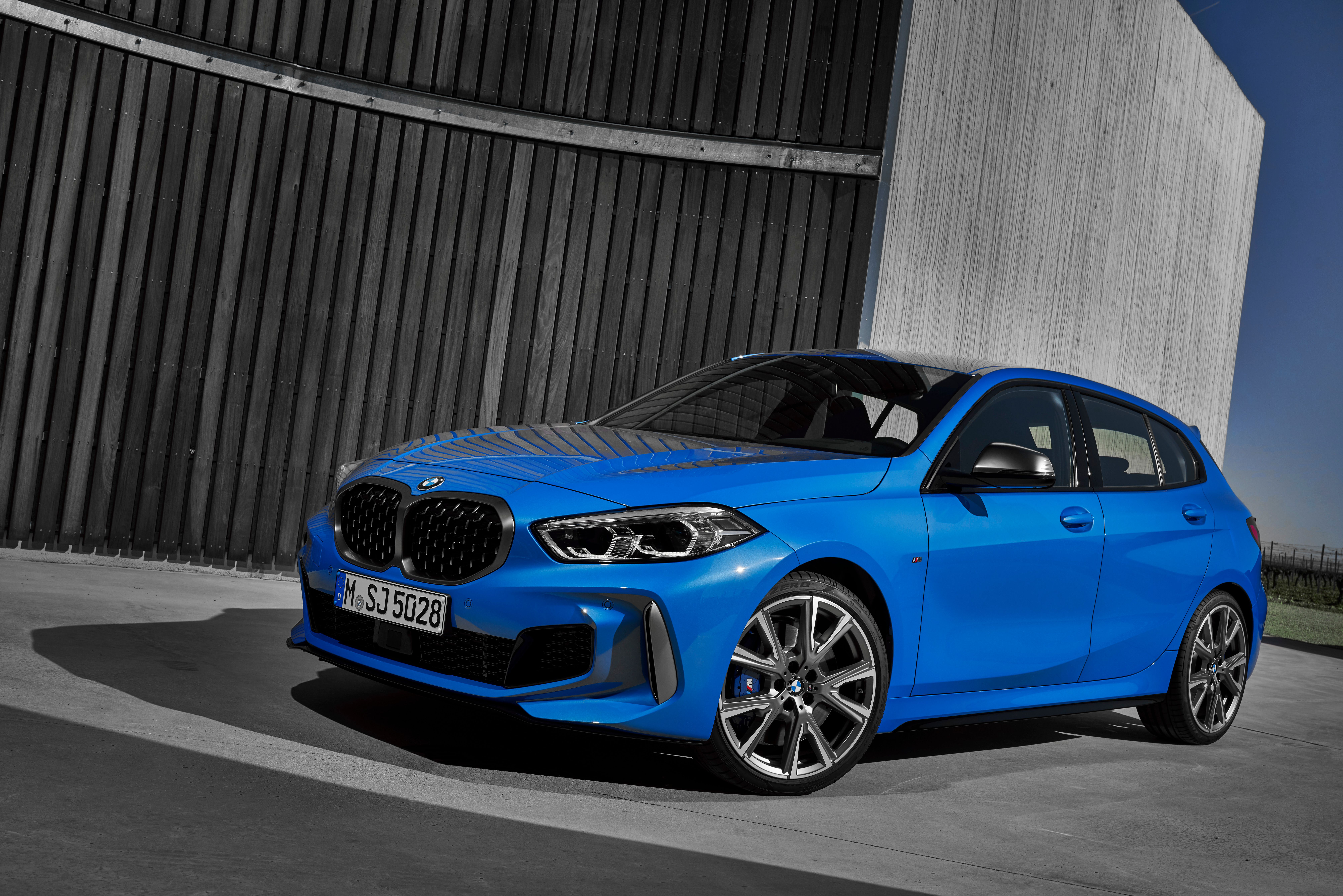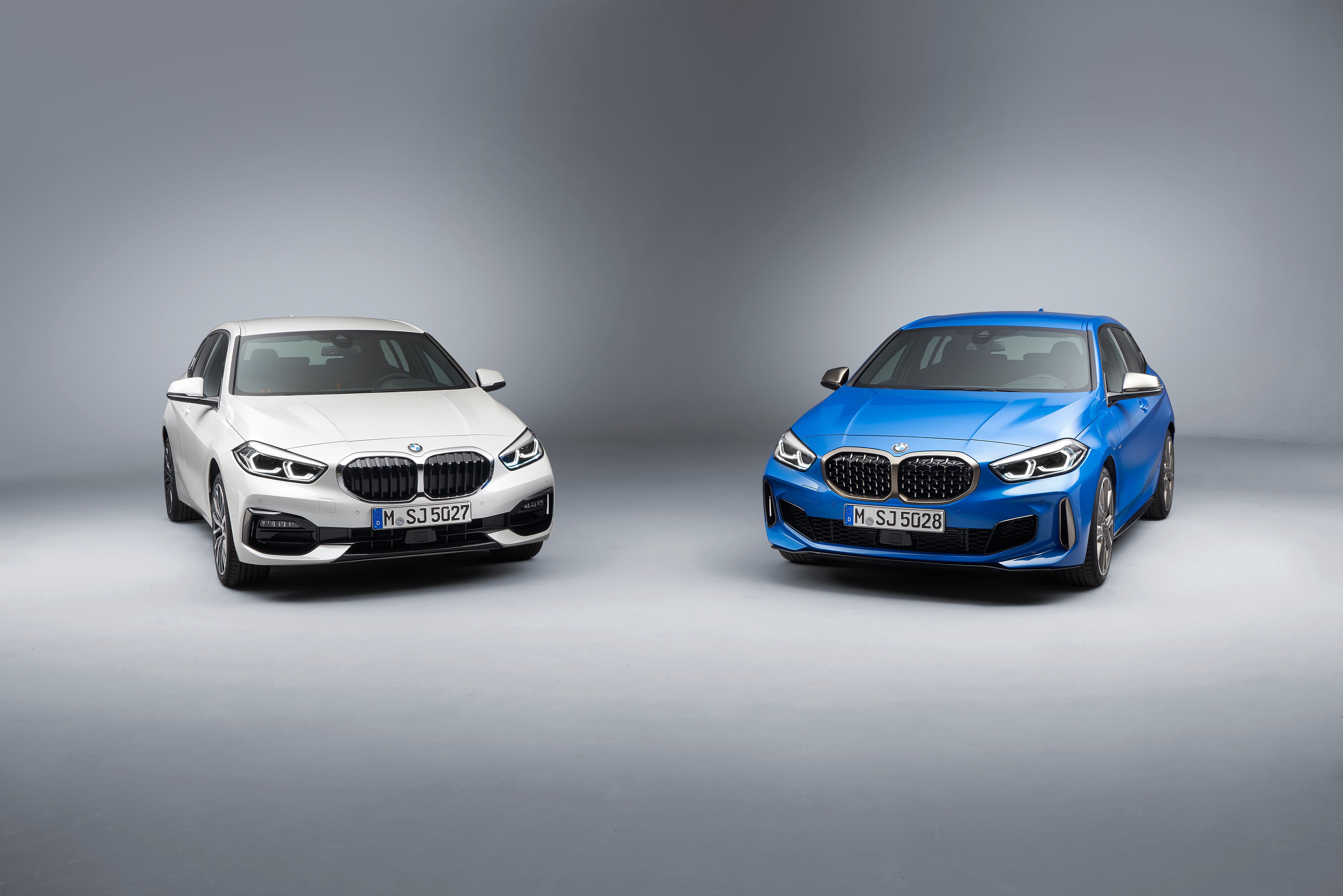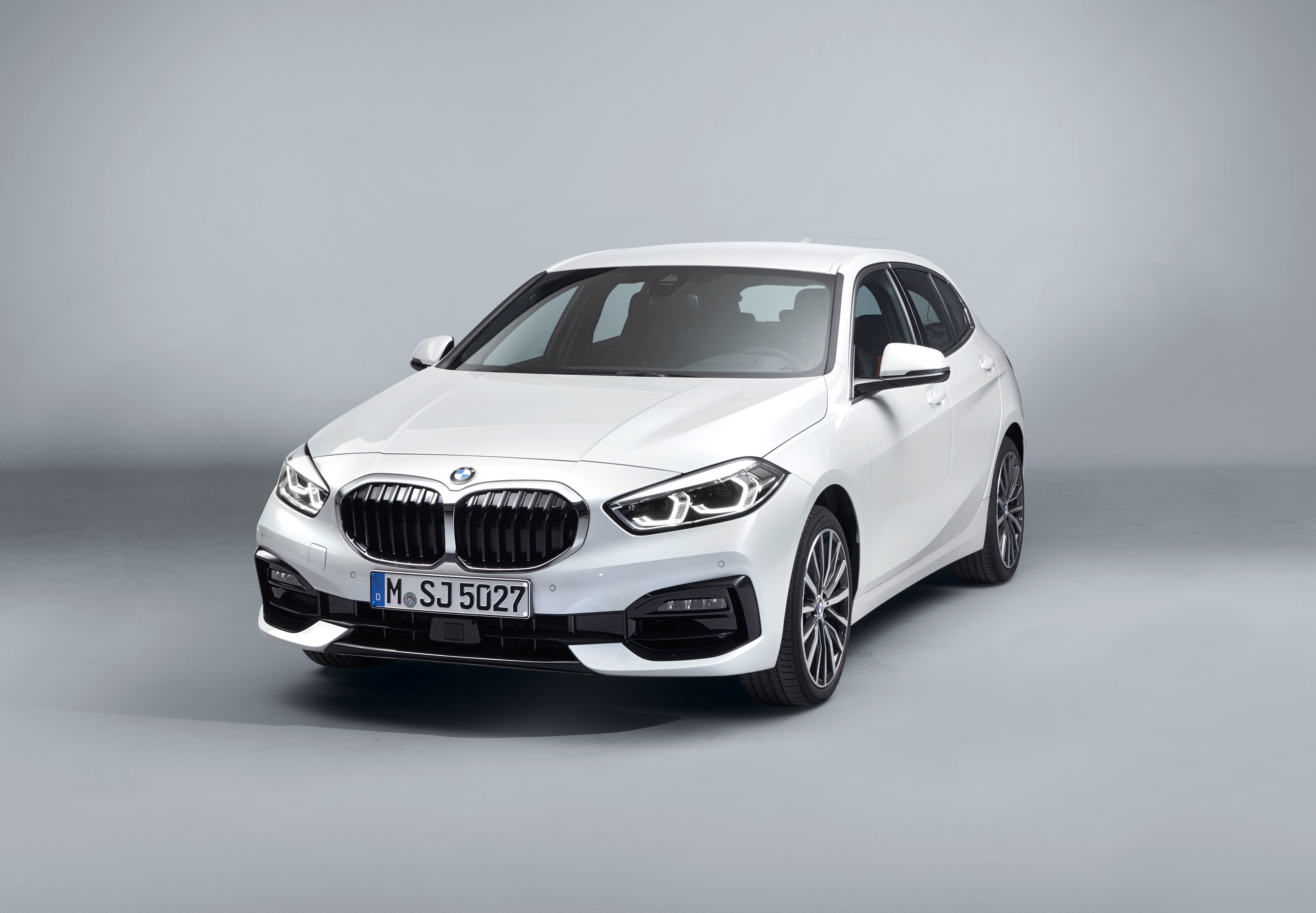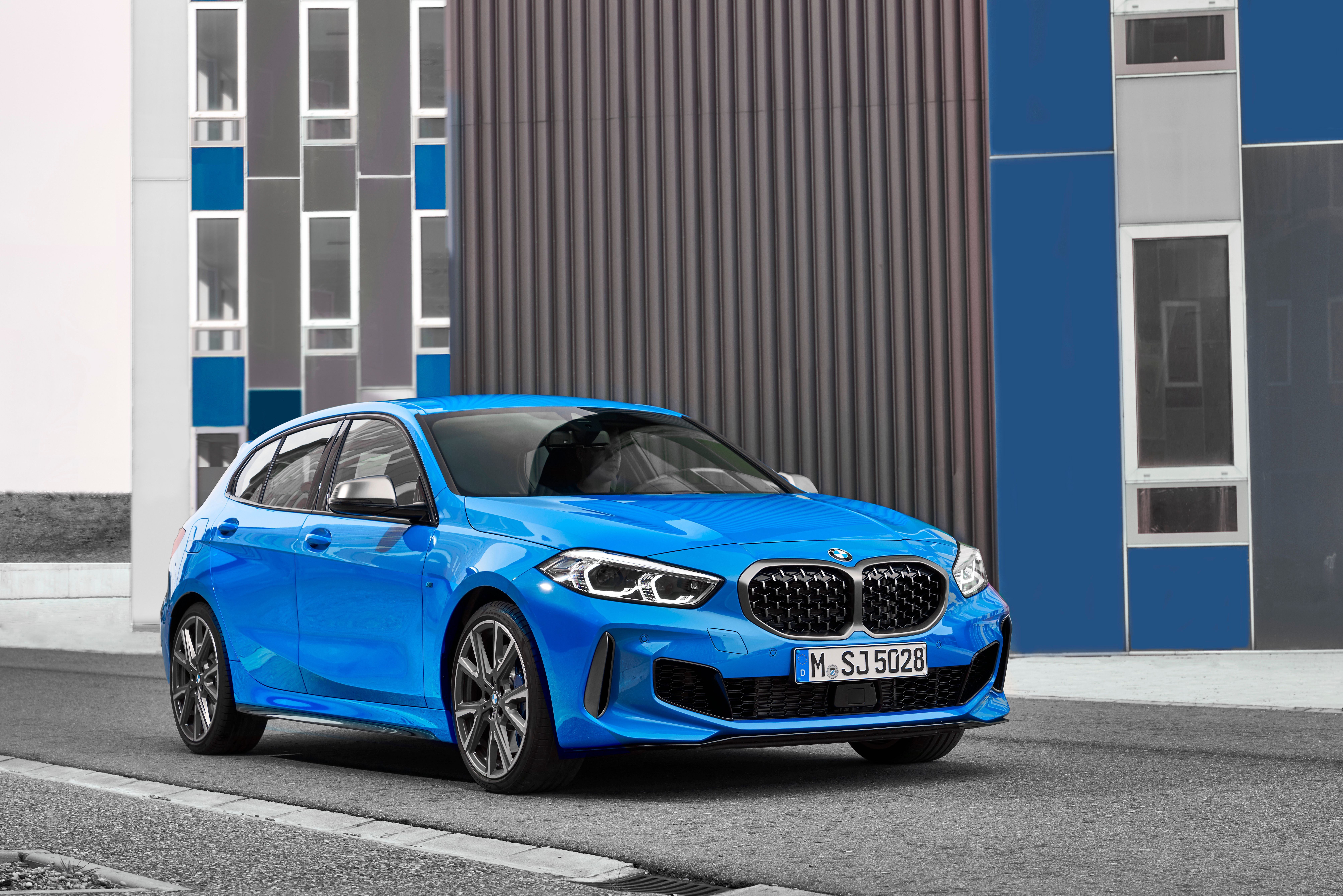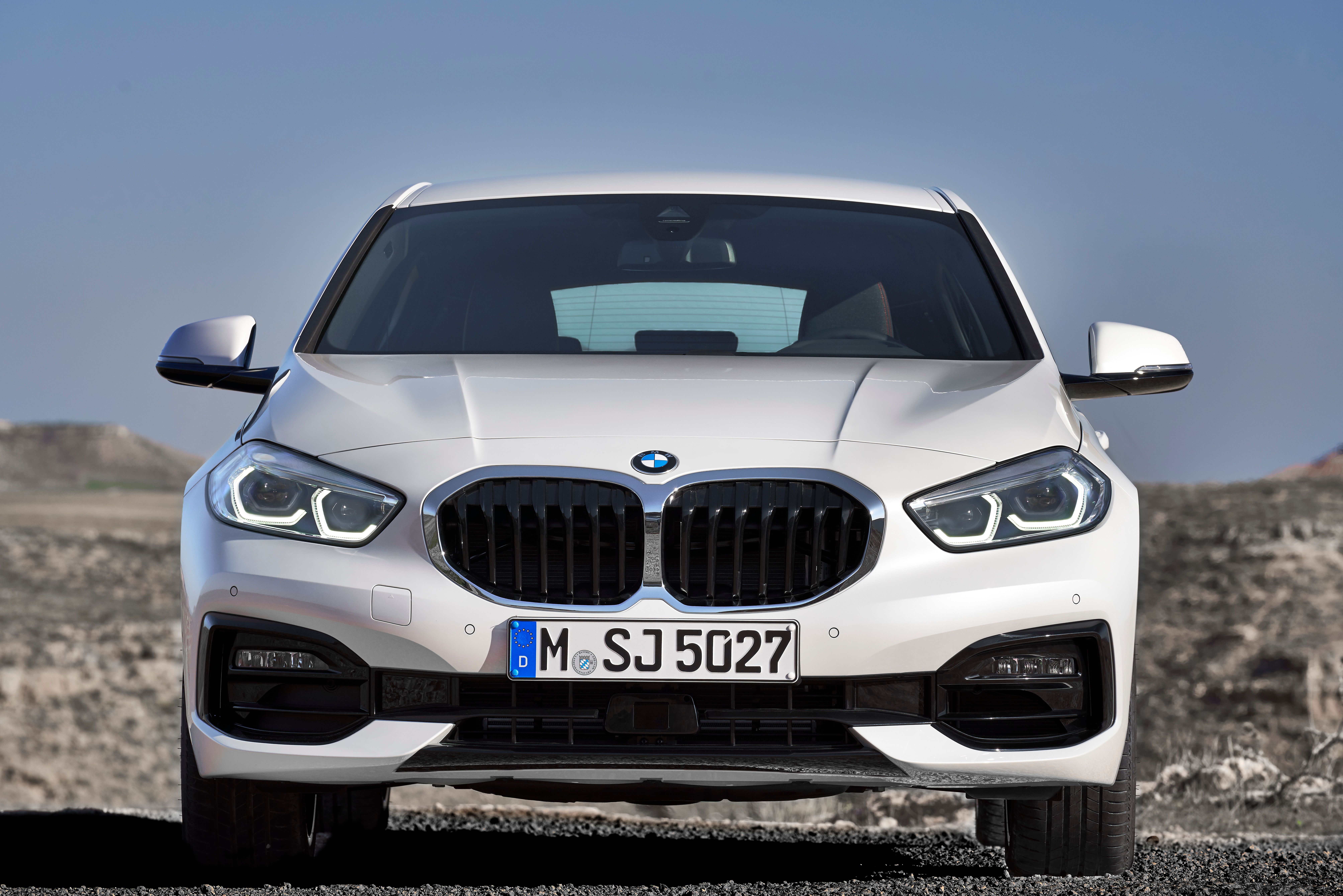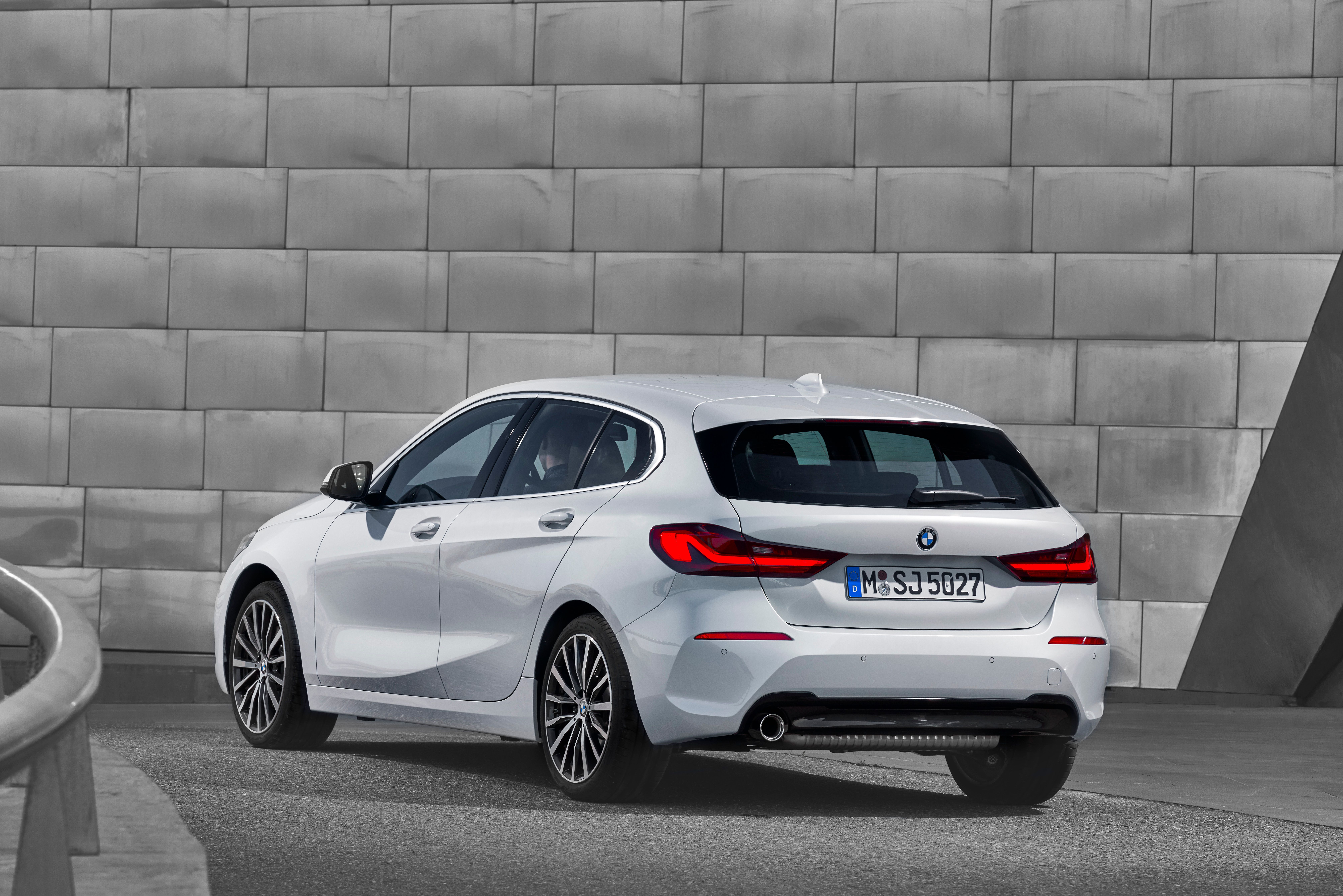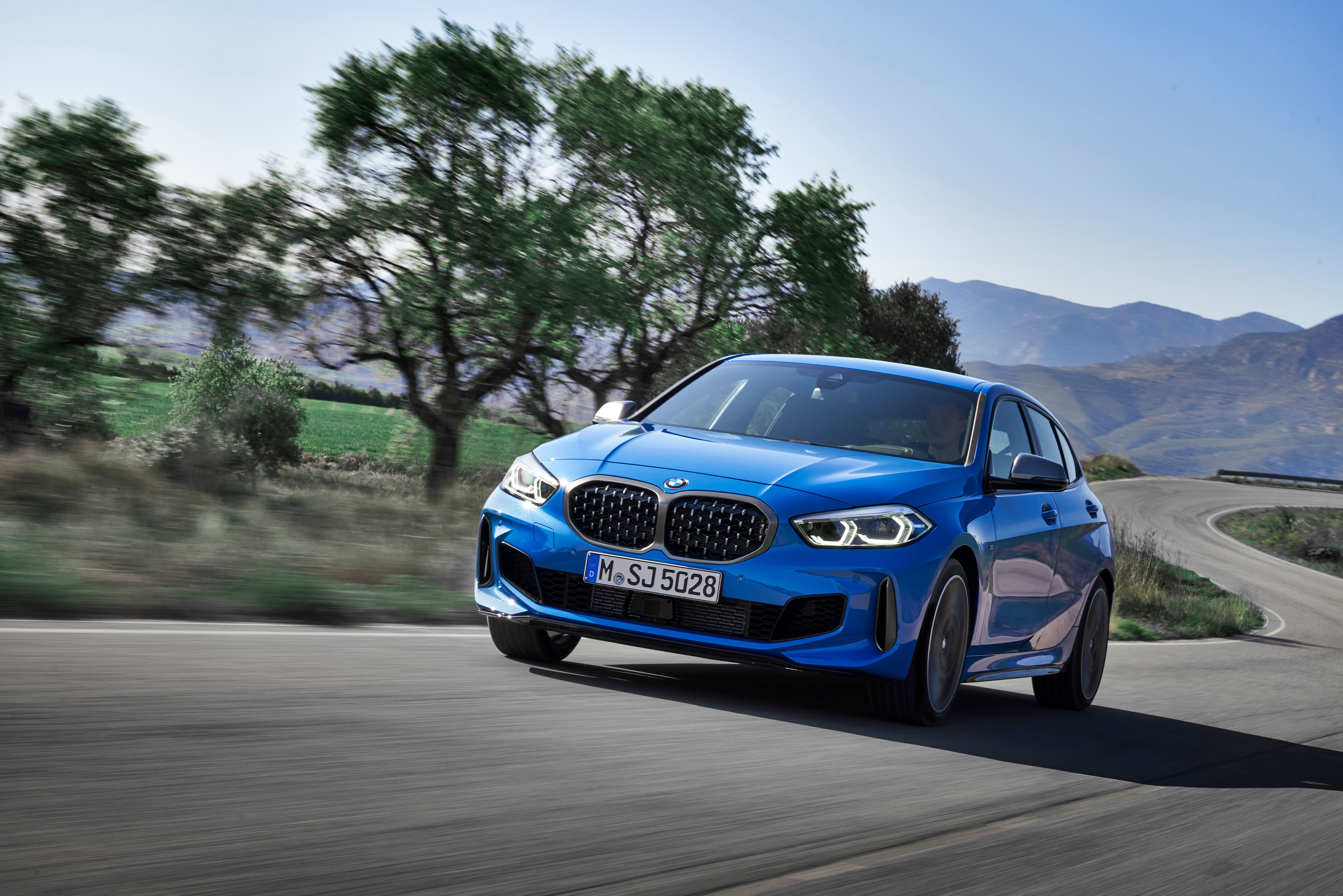BMW recently unveiled the new-generation 1 Series. The German hatchback doesn't look notably different than its predecessor, but it's definitely fresh and modern. More importantly, it made the switch from rear-wheel drive to front-wheel drive. Naturally, BMW enthusiasts aren't very happy about this, but is a front-wheel driven Bimmer such a bad idea? Let's find out!
Is the BMW 1 Series losing enthusiast perspective?
BMW is traditionally known for creating the "ultimate driving machine." The Germans began to describe its vehicles like this when the iconic BMW M3 E30 started making waves, but it was the results of decades of success with older versions of the 3 Series, 5 Series, and 6 Series. In recent years, BMW enthusiasts started to question this marketing line as Bimmers were fitted with more and more driving aid systems and electronics.
However, the FWD platform gets more criticism than it deserves. The hatchback market is now flooded with front-wheel driven cars -- to the extent that the 1 Series was the only RWD competitor -- and some of them deliver tremendous performance. Take the Ford Focus RS, for instance. Although it's built on a FWD architecture, the Focus RS comes with an AWD system that can route up to 70 percent of the engine's torque to the rear wheels. This means that in certain conditions, the driver doesn't even notice that it is, in fact, a FWD car.
The Mercedes-AMG A45 also features an all-wheel-drive system. It delivers solid performance, and I haven't really heard Mercedes customers complain about its FWD-biased platform.
Can the BMW 1 Series compete?
It's a bit early to say, but BMW shouldn't have any issues here. The old 1 Series was competitive in terms of passenger room, technology, and performance, and the new hatchback seems to be better in just about every department. The new 1 Series comes with more legroom and headroom, a slightly bigger trunk behind the rear seats, and better performance. The shift from RWD to the FWD platform won't change any of that, especially since it will be offered with an all-wheel-drive system.
The key to being competitive in 2019 is having state-of-the-art technology and a comfortable cabin. Looking at the specs, it's pretty evident that the 1 Series won't have any issues against the Mercedes-Benz A-Class, Audi A3 Sportback, and the Honda Civic. Output ranges from the 114 horsepower of the 116d model to the 302 horsepower of the M135i xDrive, and it will go beyond that with a new 1M version.
Does BMW have the experience?
While it may seem like BMW doesn't have the experience other FWD car manufacturers have, the Germans have plenty of it. BMW has been building front-wheel-drive cars since 2000 when it revived the Mini Cooper after acquiring the British-based Rover brand. All Mini models produced after 2000 have FWD platforms, and the lineup is far from small, as it includes hatchbacks, convertibles, wagons, and crossovers. The Mini was revised and redesigned many times since then, allowing BMW to gather all the necessary experience in the FWD market.
BMW quickly started to notice the benefits of FWD platforms, and in 2014 it launched its first vehicle with a Mini Cooper platform: the 2 Series Active Tourer. Despite initial criticism from purists, the five-door MPV was a sales success and prompted BMW to turn the X1 into a front-wheel-drive crossover. The redesigned X1 arrived in 2015. So the 1 Series is actually the third Bimmer that features a FWD platform, and it comes five years after BMW launched its first FWD vehicle and almost 20 years after it started selling FWD cars under the Mini brand. It's safe to say that BMW knows what it's doing with the 1 Series.
Further reading
Read our full review on the 2020 BMW 1 Series.
Read our full review on the 2019 BMW 1 Series.

